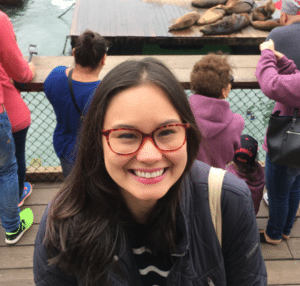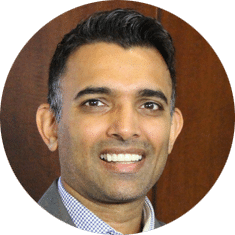Frequently Asked Questions
At Asian American Voices for Education, we advocate for a comprehensive U.S. History to be taught in Georgia public schools. To reach this goal, we have created several initiatives which have been launched or are in the development phase:
Equip Educators
with knowledge of Asian American History, and provide them with the tools to teach it in conjunction with existing Social Studies Standards.
Develop Resources
for families to teach a mini-lesson in Asian American History in their children’s classroom.
Offer a Summer Institute
for Asian American high school students to learn about Asian American History.
Host Teach-ins
to reach the wider community. Because this curriculum does not currently exist in Georgia public schools, teach-ins will give the broader community a chance to learn what they never had access to in school.
Promote Asian American History
to be codified into the Georgia K-12 Social Studies Standards.
For more details about these initiatives, read our FAQ section below!
At AAVEd, we define this as a United States History curriculum that is multi-faceted. That is, a curriculum that covers all of the histories that were always (and continues to be) a part of the American narrative. A comprehensive United States history curriculum would include the history of the Indigenous, Black/African American, Asian American, U.S. Latinx peoples and many more.
Although AAVEd specifically brings the Asian American perspective to the educational space, we promote the stories of all people to be taught.
No, it is not! Asian American History covers historical events that happened in the United States of America. These particular events involve people of Asian descent who may have recently immigrated to the United States, whose families may have lived here for several hundred years and/or were born in the United States.
Asian History, however, concerns historical events that occurred in Asia, for example, in countries such as China, India, Japan, Laos, the Philippines, South Korea, Vietnam, etc.
A Social Studies Standard is a piece of information that fits in the category of Social Studies and is required to be taught. For example, the historical figure, Ruby Bridges is in the Social Studies Standard of Georgia that is to be taught in the 1st grade.
Currently, Georgia only has three Asian American historical events codified in the State Standards. These three events involve people of Chinese and Japanese descent. However, there are 45 other Asian countries from which people have migrated to the United States. The stories of these peoples are not currently required to be mentioned anywhere during a thirteen-year span of K-12 public education.
In order for this information to be taught, it needs to be codified as a standard in social studies education. Otherwise, the histories of these groups are considered optional, and therefore omitted and erased.
Asian American History is exactly what it sounds like- it is about historical events and historical figures in the United States, specifically of Asian descent.
Asian American Studies, however, is a very different type of curriculum. Not only does it cover history, it is an interdisciplinary study that can include science, mathematics, art, literature, politics, economics, media, and more—all related to the experiences, events and achievements of people in the United States, specifically of Asian descent. The framework invites students to carefully evaluate information with nuance and a consider the themes that connect these topics.
You may have heard of Ethnic Studies, which is also an interdisciplinary curriculum. However, it is a basic survey of these topics, noting the confluence of communities including the Indigenous people of North America, those of Asian, African, Central and South American descent, and more.
The answer to this is layered: when a curriculum omits the history and contributions of a particular people group, it implies that this community does not exist, does not have achievements worth noting, and does not belong in the definition of “American.”
By learning not only Asian American history, but the histories of all people in the United States, our students will gain an expanded and contextualized understanding of what it means to be American, and more importantly, what it means to be human. This mindset is the pathway to fostering positive relational connections in the classroom and beyond.



